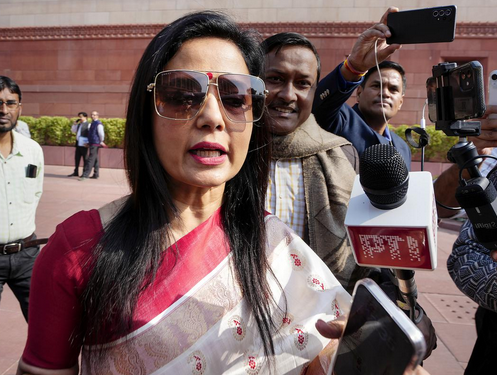No fait accompli : On the changes proposed in the Lok Sabha in Jammu and Kashmir
Elections in J&K and restoration of Statehood should not be delayed further
It has been more than five and a half years since an elected government collapsed and Governor’s rule was imposed in Jammu & Kashmir amidst the suspension of the elected Assembly — a step that heralded dramatic changes in the erstwhile State. Subsequently, Article 370 that provided for special status for the erstwhile State was removed, the State bifurcated with the region encompassing Jammu and the Kashmir Valley made into a new Union Territory and Ladakh hived-off into another. The constitutionality of these changes is still under question and the Supreme Court has reserved its verdict on it. But this has not deterred the Union government from bringing about legislation that will change the make-up of the UT’s prospective Legislative Assembly beyond the completion of the delimitation exercise. On Wednesday, the Lok Sabha passed the Jammu and Kashmir Reorganisation (Amendment) Bill, 2023 and the Jammu and Kashmir Reservation (Amendment) Bill, 2023. These Bills do not necessarily bring about any significant change. The first increases the total number of Assembly seats from 107 to 114, with reservation of nine seats for Scheduled Tribes (a first), besides empowering the Lieutenant-Governor to effect some nominations. The second seeks to replace the term “weak and underprivileged classes (social castes)” in the J&K Reservation Act, 2004, enacted by the State legislature, to “Other Backward Classes” as declared by the UT.
Propriety would have demanded that even these changes could have waited for the Supreme Court’s verdict, which is due soon, on the legality of the abrogation of special status besides the bifurcation of the erstwhile State and the procedure adopted to do so. Without the involvement of elected representatives from J&K in the process, the changes proposed in the Lok Sabha would only seem to be acts that are presented as fait accompli to the UT’s citizens. This should also be taken together with the fact that the last five and a half years have seen the suspension of political and civil liberties of politicians; arbitrary arrests and detentions ; communication shutdowns ; a chilling effect on the media; and, more recently, long power cuts. Any change to the political life of J&K, citing its status as a region affected by separatism and terrorism, should not be done in a way that the citizens feel alienated . The first order of business in J&K has to be the restoration of the democratic process by holding popular elections and the restoration of its Statehood. This should help not just fill a glaring void in public life in the region in the immediate but also set the stage for addressing the long-pending issues that have led-to the persistence of militancy .
